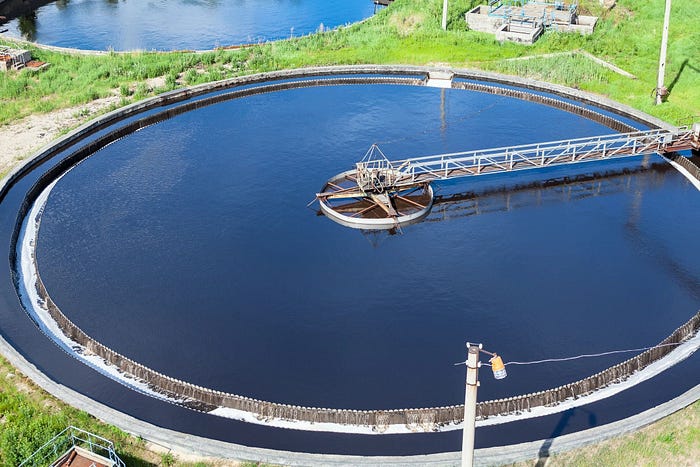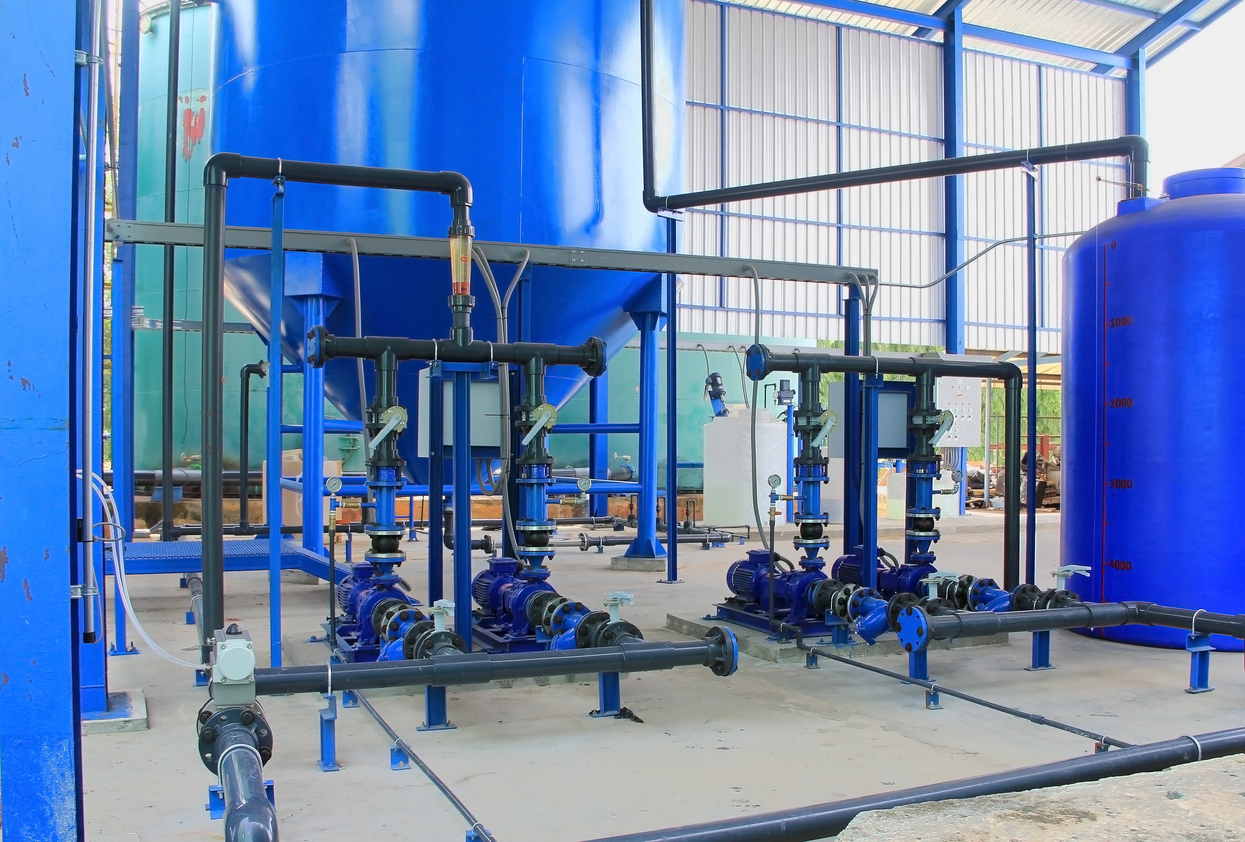Are you Looking for Sewage Treatment Plant Manufacturing Company in India?
A Sewage Treatment Plant (STP) is a facility designed to clean and purify wastewater, also known as sewage, before it is released back into the environment. Through a series of physical, chemical, and biological processes, STPs remove harmful contaminants, pathogens, and pollutants from sewage, making it safe for discharge into water bodies or reuse for various purposes such as irrigation or industrial processes. STPs play a critical role in protecting public health, preserving water quality, and safeguarding the environment.

Sewage treatment plants offer a multitude of advantages that contribute to public health, environmental protection, and sustainable development.
Advantages of STP (Sewage Treatment Plant)
- Protection of Public Health: One of the primary advantages of sewage treatment plants is the protection of public health. By removing harmful pathogens, bacteria, and contaminants from wastewater, these facilities help prevent the spread of waterborne diseases such as cholera, typhoid, and gastroenteritis. Treated effluent can be safely discharged into water bodies or reused without posing significant health risks to humans or animals.
- Environmental Protection: Sewage treatment plants play a crucial role in safeguarding the environment by preventing pollution of water bodies. Untreated sewage contains a variety of pollutants, including organic matter, nutrients (such as nitrogen and phosphorus), heavy metals, and toxins. When discharged into rivers, lakes, or oceans, these pollutants can degrade water quality, harm aquatic life, and disrupt ecosystems. Treatment plants remove or reduce these contaminants, minimizing their impact on the environment and preserving natural habitats.
- Improvement of Water Quality: By treating wastewater to remove pollutants, sewage treatment plants contribute to the improvement of water quality in receiving waters. Clean water is essential for supporting aquatic ecosystems, recreational activities, and various uses such as irrigation and industrial processes. Treated effluent that meets regulatory standards can be safely discharged into water bodies, enhancing overall water quality and reducing the risk of contamination.
- Resource Recovery: Sewage treatment plants facilitate the recovery and reuse of valuable resources from wastewater. For example, the organic matter removed during treatment can be converted into biosolids through processes such as anaerobic digestion or composting. These biosolids can then be used as fertilizer in agriculture, closing the nutrient loop and reducing the need for synthetic fertilizers. Additionally, treated wastewater can be recycled for irrigation, industrial cooling, or even potable water supply through advanced treatment processes like reverse osmosis or ultraviolet disinfection.
- Mitigation of Odors and Nuisances: Proper treatment of sewage helps mitigate the unpleasant odors and nuisances associated with untreated wastewater. By removing organic matter and pathogens, treatment plants reduce the risk of foul odors, insect breeding, and aesthetic degradation in surrounding areas. This enhances the quality of life for nearby residents and reduces complaints related to odor pollution.
- Compliance with Regulations: Sewage treatment plants ensure compliance with environmental regulations and standards governing wastewater discharge. Regulatory agencies establish limits on pollutant concentrations in effluent to protect water quality and public health. By treating wastewater to meet these standards, treatment plants help industries, municipalities, and communities avoid fines, legal penalties, and reputational damage associated with non-compliance.
In summary, sewage treatment plants offer a wide range of advantages, including protection of public health, environmental preservation, resource recovery, and regulatory compliance. Investing in wastewater treatment infrastructure is essential for promoting sustainable development and ensuring a cleaner, healthier future for generations to come.
Best Sewage Treatment Plants Manufacturer in India
If you are looking for a Sewage Treatment Plants Manufacturer in India, look no further than TR Aqua Private Limited, TR Aqua Private Limited is a leading manufacturer and supplier of Sewage Treatment Plants in India.
For more details, please contact us!
Website — https://www.traqua.in/
Contact No. — +91–9971440474
Email — traquapurifiers@gmail.com

Comments
Post a Comment